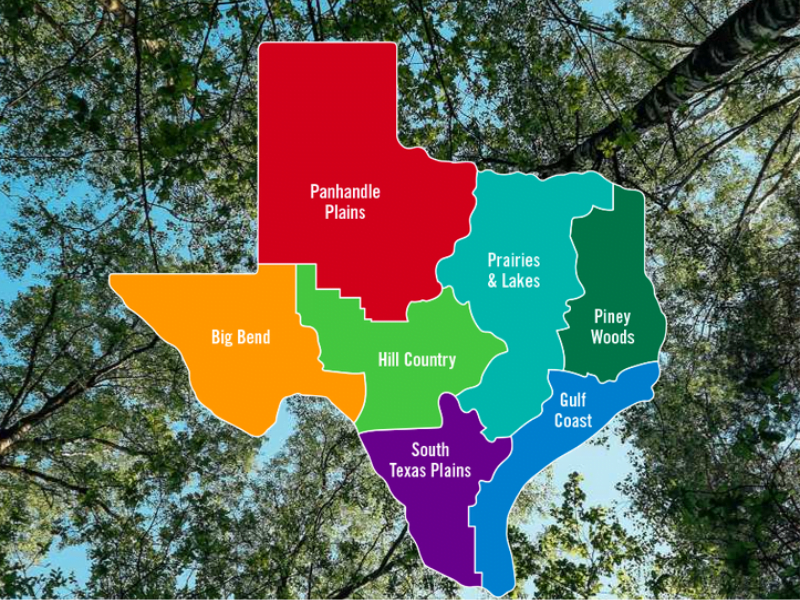 By some measures, American higher education is in the midst of a golden age. It enjoys a worldwide reputation as the best in the world. Global rankings of universities consistently put American institutions at the top. Students from virtually every country compete to gain entry to both their undergraduate and graduate programs. Faculty often enjoy both great prestige and impressive salaries.
By some measures, American higher education is in the midst of a golden age. It enjoys a worldwide reputation as the best in the world. Global rankings of universities consistently put American institutions at the top. Students from virtually every country compete to gain entry to both their undergraduate and graduate programs. Faculty often enjoy both great prestige and impressive salaries.
Yet higher education in the United States has serious problems. The tuition its institutions charge students encumber many of them with career-distorting debt. For other young people, the price of enrollment places higher education out of reach altogether. Rising costs, along with the decline in the college-age population, is forcing some colleges to reduce sharply the number of faculty members and even to cease operations entirely. In addition, research has shown that a painfully large fraction of students demonstrate no discernible improvement in either the command of information or the capacity for thinking and reasoning over the course of their college years. They have, in effect, spent a great deal of money without getting what they paid for.
Among the most disturbing, and damaging, problems afflicting higher education is the widespread imposition within its institutions, by students, faculty, and administrators using both formal and informal methods, of a particular set of political ideas, beliefs, and values that are found on the left side of the Western political spectrum and have come to be called, collectively, political correctness. Three episodes at Yale University, beginning in 2015, illustrate its scope and impact.
In the first, the head of one of Yale’s residential units, known as colleges, announced that he would no longer be called the “master,” as had been customary and uncontroversial for more than eight decades. The word, he said, conjured up unacceptable associations with the plantations of the pre-Civil War south—although in academic life it has always had an entirely different meaning. There it stems from the Latin word “magister,” which historically denoted someone qualified to teach in a medieval university.
Then, under pressure from students, the university removed from one of the residential colleges the name it had borne since 1930, that of John C. Calhoun, a Yale graduate of the class of 1807 who served his country as a congressman, senator, secretary of state, secretary of war, and vice president. The name had become unacceptable to the students because of Calhoun’s support, two centuries earlier, for slavery.
Finally, in 2015, the head of a different residential college was surrounded and verbally assaulted by hostile students who were furious that his wife had, in response to a university email warning against wearing “inappropriate” Halloween costumes, ventured the opinion that Yale students were capable of deciding for themselves what costumes, if any, to wear. If a student encountered a costume that gave offense, she said, it might be a good idea for him or her to engage the wearer in a calm discussion of the reasons for this reaction. The video of this event, which was widely viewed on the internet, brought to mind the student-led “struggle sessions” in China during the Cultural Revolution of the 1960s, in which adults (many of them Communist Party officials) were viciously harassed by bands of students known as “Red Guards” and often suffered serious, even fatal, injuries.
Anthony Kronman holds two graduate degrees from Yale and has spent four decades there as a professor in its law school, serving from 1994 to 2004 as its dean. (The present writer—full disclosure—spent four happy years as a Yale undergraduate from 1964 to 1968.) Kronman has written a book explaining and exploring the surge of political correctness at Yale and other universities, subjecting it to searching and scrupulous criticism, and enumerating the costs it has exacted. In The Assault on American Excellence, he has produced an account that is cogent, alarming, persuasive, and, considering the gap between the author’s views and those that prevail where he teaches, courageous.
All of philosophy, it has been said, is a series of footnotes to Plato. It might, in this spirit, be said with only some exaggeration that all commentary on American society, customs, and beliefs is a series of footnotes to Tocqueville, a statement that applies here. Kronman takes his principal theme from the Frenchman’s 1837 classic Democracy in America. Tocqueville considered the America he visited to be the pioneer in a trend toward social and political equality that he believed, correctly, was destined to spread beyond the United States, sweeping away the aristocracies of Europe. He appreciated the virtues of equality as a governing principle but worried about the social costs of its triumph.
Similarly, Kronman imputes the surge of political correctness on campus to the embrace of a militant egalitarianism that, while conceivably justified in the political sphere, is incompatible with one of the virtues that universities, almost uniquely, can and should cultivate: what he calls “excellence.” By excellence, he means not the mastery of a particular skill or body of knowledge but rather the superior development of character, a “greatness of the soul,” which he identifies as historically, although not necessarily, an aristocratic feature of Western societies.
All apart from its deleterious impact on excellence as Kronman defines it, and which he highly values, political correctness has done substantial damage to American colleges and universities, as he documents in the book’s three central chapters. One of them deals with the meaning, in theory and practice, of diversity, which he terms “the most powerful word in higher education today.” (The University of California system, for example, has announced that all potential appointees to its faculties will have to demonstrate a firm commitment to diversity.) The academy defines diversity exclusively in terms of race, ethnicity, gender identification, and sexual orientation. Diversity of ideas and viewpoints is not included and usually not welcome. Another chapter of The Assault on American Excellence documents the negative consequences of summarily removing from buildings the names of people whose political and social views do not accord with those that now dominate American institutions of higher education. A third considers the status of speech, which is no longer entirely free on campus.
Tocqueville, and even more his British contemporary, John Stuart Mill, in his 1853 essay On Liberty, were concerned about the tyranny of the majority, to which they feared social equality would lead and that would suppress unpopular views. That is precisely what has occurred in American institutions of higher learning. The expression of ideas concerning the approved building blocks of diversity that depart from what has become campus orthodoxy risks intimidation and public vilification by the university community and even punishment by the university’s administration. Students censor themselves in class and prospective speakers holding (or thought to hold) forbidden views are often disinvited or, if they do speak, shouted down and even physically assaulted.
Besides violating the spirit (and perhaps in some cases the letter) of the First Amendment to the Constitution of the United States, the suppression of speech subverts the two basic missions of the university. One of them is the discovery and production of knowledge, which requires free inquiry. The other is the education of students. At its best, this involves what the great sociologist David Riesman called “deprovincialization”—taking the individual beyond the boundaries of the familiar and exposing him or her to ideas, customs, and beliefs previously unknown and sometimes disorienting when first encountered. The demand, widely articulated on campus, that students be protected from exposure to ideas that distress them runs directly counter to one of the central purposes of the institution.
All of this is having an impact on the way Americans view universities. Political correctness of the kind that Kronman analyzes is fostering skepticism about, disapproval of, and even outright hostility toward institutions of higher learning in the wider public. That, in turn, poses a major threat to higher education in the United States. Its institutions, like all institutions, require public acceptance in order to survive. Indeed, colleges and universities need more than acceptance: They require active support. Public ones need appropriations from state legislatures; private ones depend on donations from individuals, often alumni. The collapse of support for them, which militant political correctness is fostering, would present American higher education with an even more serious problem than those it already has.
[“source=american”]

















